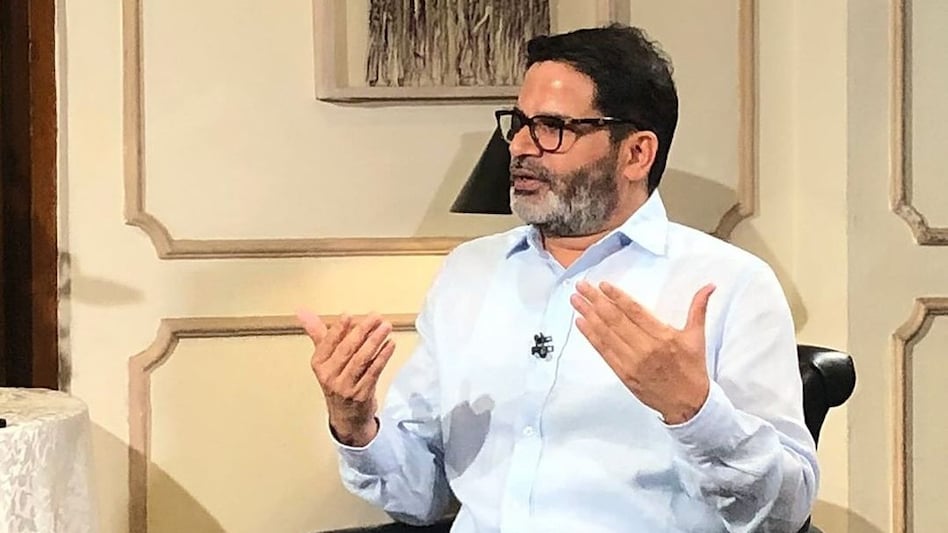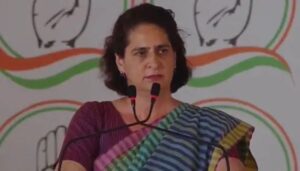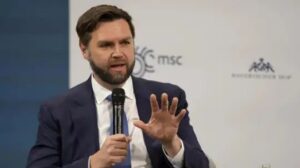Prashant Kishor predicted significant changes in Modi 3.0, saying, “It will begin with a bang…”
Kishor shared his predictions of structural and operational changes in the Modi government’s anti-corruption approach.

Political strategist Prashant Kishor has predicted significant changes in Prime Minister Narendra Modi’s third term, potentially including bringing petroleum under the Goods and Services Tax (GST) and implementing substantial restrictions on the financial autonomy of states.
In an interview with India Today, Kishor shared his predictions on the structural and operational changes in the Modi government’s anti-corruption approach.
“I think the beginning of the Modi 3.0 government will be dramatic. The central government will have a greater concentration of both power and resources,” Kishor said. “There might also be a significant effort to reduce the financial autonomy of the states.”
Kishor, who managed Narendra Modi’s 2014 campaign, said that there is no widespread anger against the Prime Minister and predicted that the BJP would win around 303 seats. He also mentioned that currently, the states have three main sources of revenue: petroleum, alcohol, and land. Prashant Kishor said, “I wouldn’t be surprised if petroleum is brought under the GST framework.”
Currently, petroleum products like petrol, diesel, ATF, and natural gas are not under the GST framework. Instead, they are subject to VAT, central sales tax, and central excise duty.
Although the industry has long been requesting the inclusion of petroleum products under GST, states have opposed this idea because it would result in significant revenue loss. If petrol is brought under GST, states will become more dependent on the central government to receive their share of tax revenue.
Currently, the highest GST tax slab is 28%, whereas taxes on petrol and diesel exceed 100%.
They also predicted that the central government might delay transferring resources to the states and tightening the Fiscal Responsibility and Budget Management (FRBM) norms. Enacted in 2003, the FRBM Act sets limits on the annual budget deficits of states.
Kishor predicted, “There could be a delay in the transfer of central resources and states might face stricter borrowing limits from their budgets.”
Kishor also predicted that India will become more vocal in dealing with geo-political issues.
He said, “On a global scale, India’s assertiveness will increase when dealing with other countries. There is a discussion among Indian diplomats about the limits of arrogance in aggressive Indian diplomacy.”













Post Comment